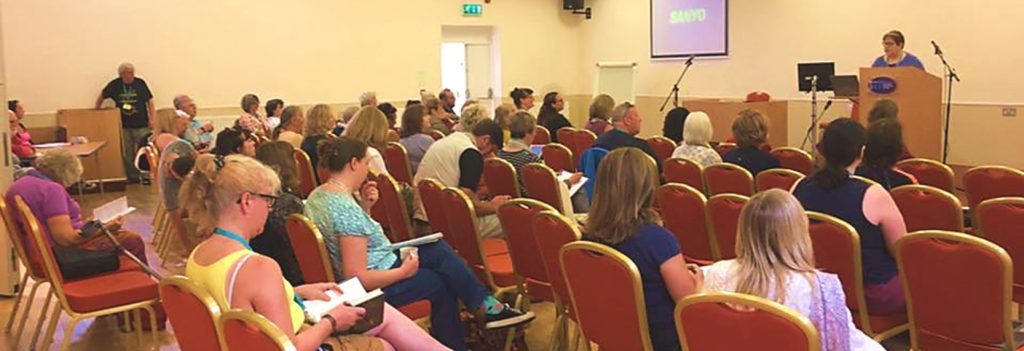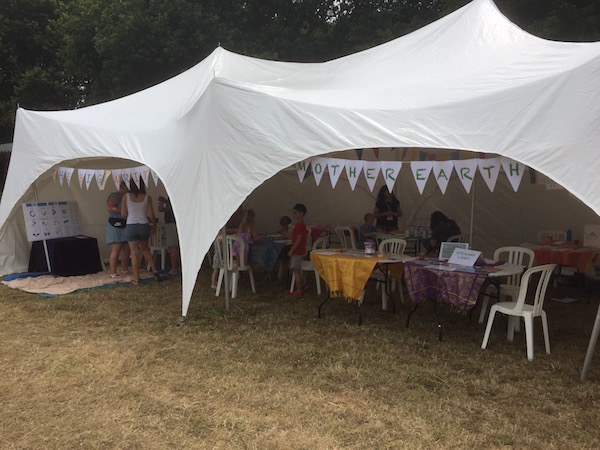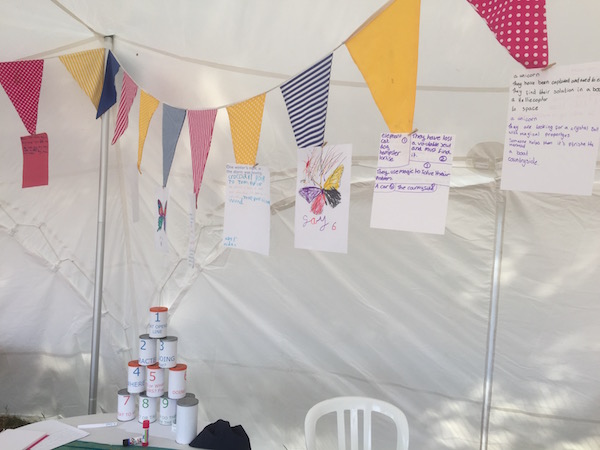I want to talk about creativity. It concerns one of the most asked questions of authors – where do you get your ideas from? I know it sounds like a cliché, but so many non-authors want to know how we can ‘come up with’ such devious, exciting and intricate plots for our novels.
And I think we all have a slightly different answer. “I get my best ideas when I’m in the shower / out walking / drunk on a Saturday night”; “some of my most well-received novels have been based on dreams / nightmares / the result of imbibing vast quantities of psychedelic drugs”; or the asinine “I don’t know, really – they just come to me when I’m sitting in my garden writing studio listening to the sounds of nature”.
Some of these may be true, but it’s not my version of truth.
Continue reading →






